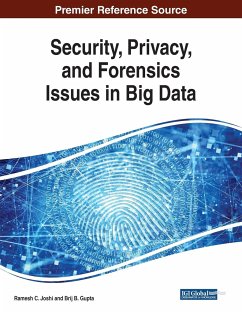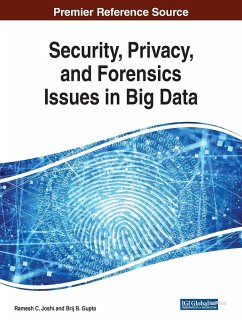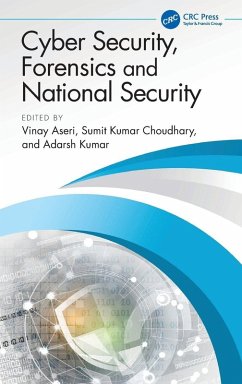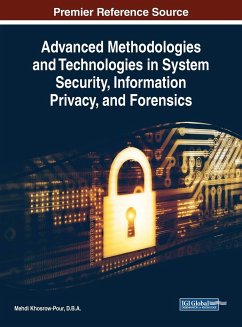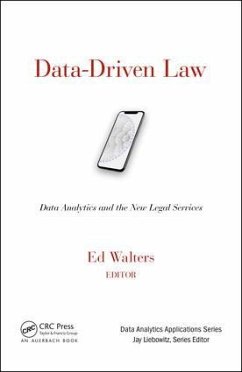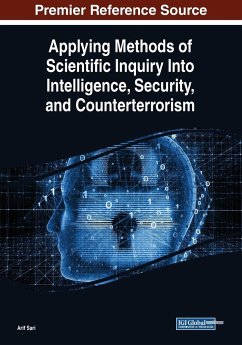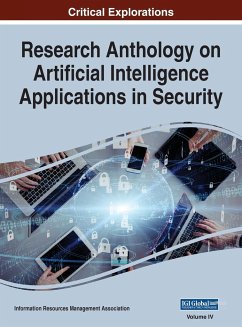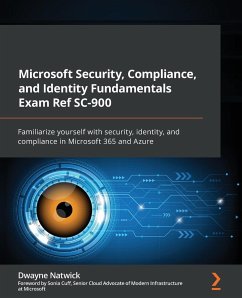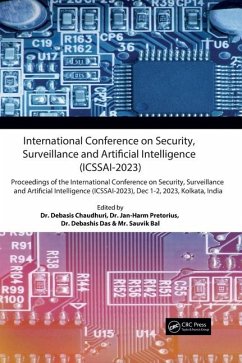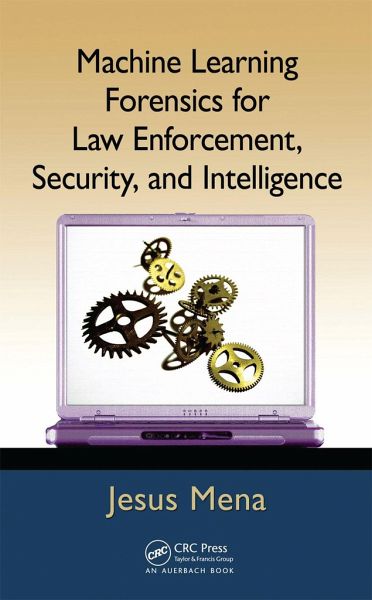
Machine Learning Forensics for Law Enforcement, Security, and Intelligence
Versandkostenfrei!
Versandfertig in 1-2 Wochen
141,99 €
inkl. MwSt.
Weitere Ausgaben:

PAYBACK Punkte
71 °P sammeln!
Increasingly, crimes and fraud are digital in nature, occurring at breakneck speed and encompassing large volumes of data. To combat this unlawful activity, knowledge about the use of machine learning technology and software is critical. This volume integrates an assortment of deductive and instructive tools, techniques, and technologies to arm professionals with the tools they need to be prepared and stay ahead of the game. It is a practical guide on how to conduct forensic investigations using self-organizing clustering map (SOM) neural networks, text extraction, and rule generating software...
Increasingly, crimes and fraud are digital in nature, occurring at breakneck speed and encompassing large volumes of data. To combat this unlawful activity, knowledge about the use of machine learning technology and software is critical. This volume integrates an assortment of deductive and instructive tools, techniques, and technologies to arm professionals with the tools they need to be prepared and stay ahead of the game. It is a practical guide on how to conduct forensic investigations using self-organizing clustering map (SOM) neural networks, text extraction, and rule generating software to "interrogate the evidence."





